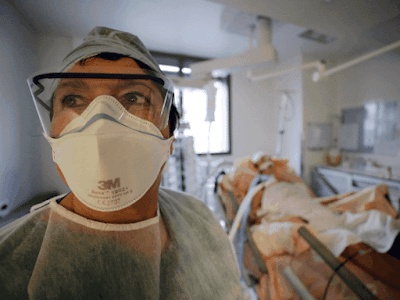 |
| Carolina Rodriguez Fuenmayor for Rolling Stone |
Microdosing, where people take miniscule amounts of substances to change patterns of behavior, has brought psychedelics to the mainstream. But is there more to be gained with a much higher dose?
Would you care for a drop of LSD in your morning tea? A capsule of psilocybin-mushroom dust with your daily vitamins? Such is the daily regimen for those who’ve taken up microdosing, reporting anecdotally just how much this new psychedelic trend has changed their lives. Over the past decade, researchers have delved into how taking small amounts of psychedelics help people combat depression, trauma, attention deficit disorder, and even physical pain. Indeed, author Ayelet Waldman wrote a New York Times bestselling memoir about it, A Really Good Day, while researchers like James Fadiman are among the most sought after voices, educating the newest generation of “psychonauts” about the wonders of psychedelics — albeit in miniscule, sub-perceptible doses.
But, can you really call yourself a “psychonaut” — a savvy explorer of psychedelic terrain — if you’ve never actually tripped? It’d be like saying you know what weed is like, even if you’ve only ever tried CBD. The data is limited, but, so far, it appears as though microdosing works for as long as a person continues taking microdoses. It can affect their mood and health which, of course, can also affect how they treat themselves and others, but doesn’t typically lead to massive, long-lasting transformations in personality and ideology, the way tripping might.


































